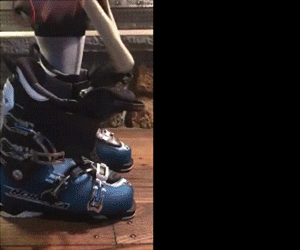marzNC
Angel Diva
 for the 2017-18 season
for the 2017-18 seasonUnfortunately the EpicSki article linked in Post #1 isn't easily available any more. But I copied a few key points into this thread.
Good basics in the Diva thread from 2008 for people who have never slept at over 5000 ft and plan to ski at over 7000 ft.
https://www.theskidiva.com/forums/index.php?threads/coping-with-altitude-and-long-runs.2711/
If the logistics are reasonable, I sometimes sleep at a lower altitude the first night or two. For instance, could stay in Albuquerque for a night before heading to Taos. Or even stay in the town of Taos to start with before moving to Taos Ski Valley, which is almost 2000 ft higher. Some people stay on the west side of Denver for a night before driving to a ski destination in Colorado.


